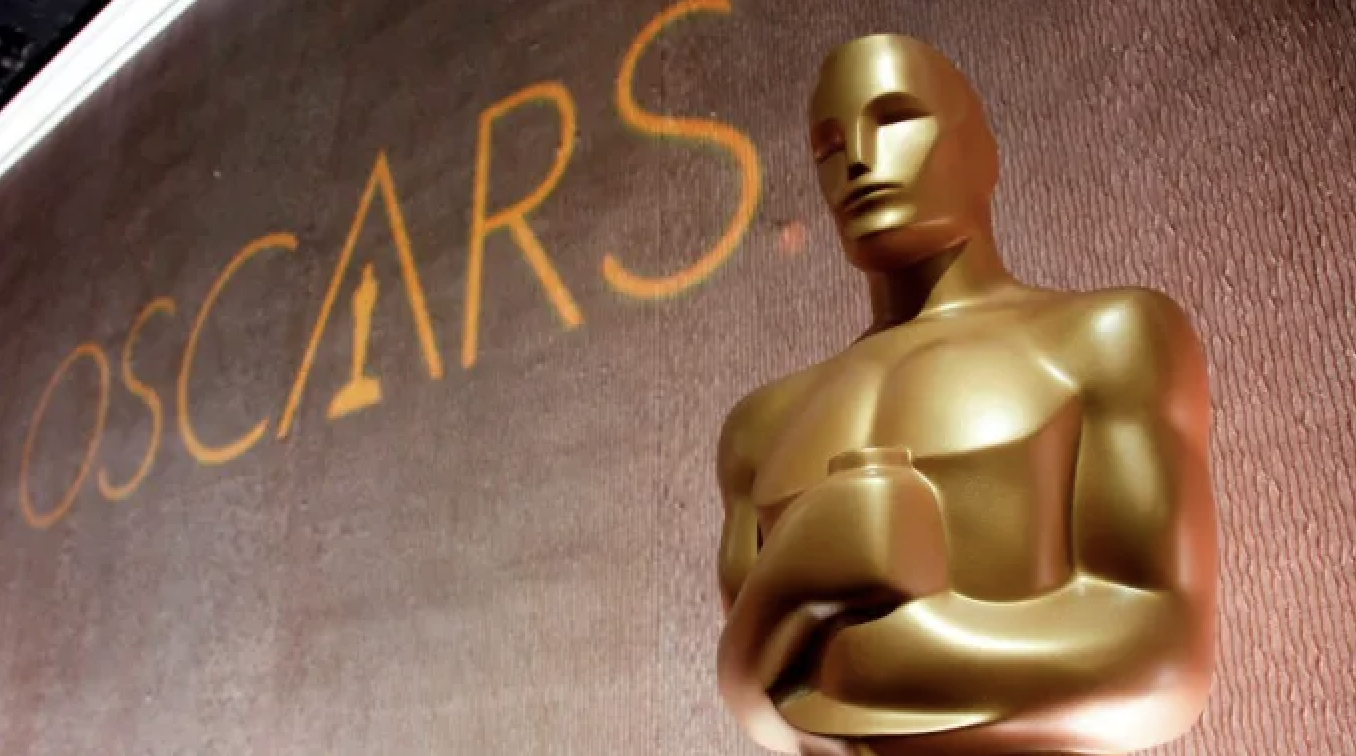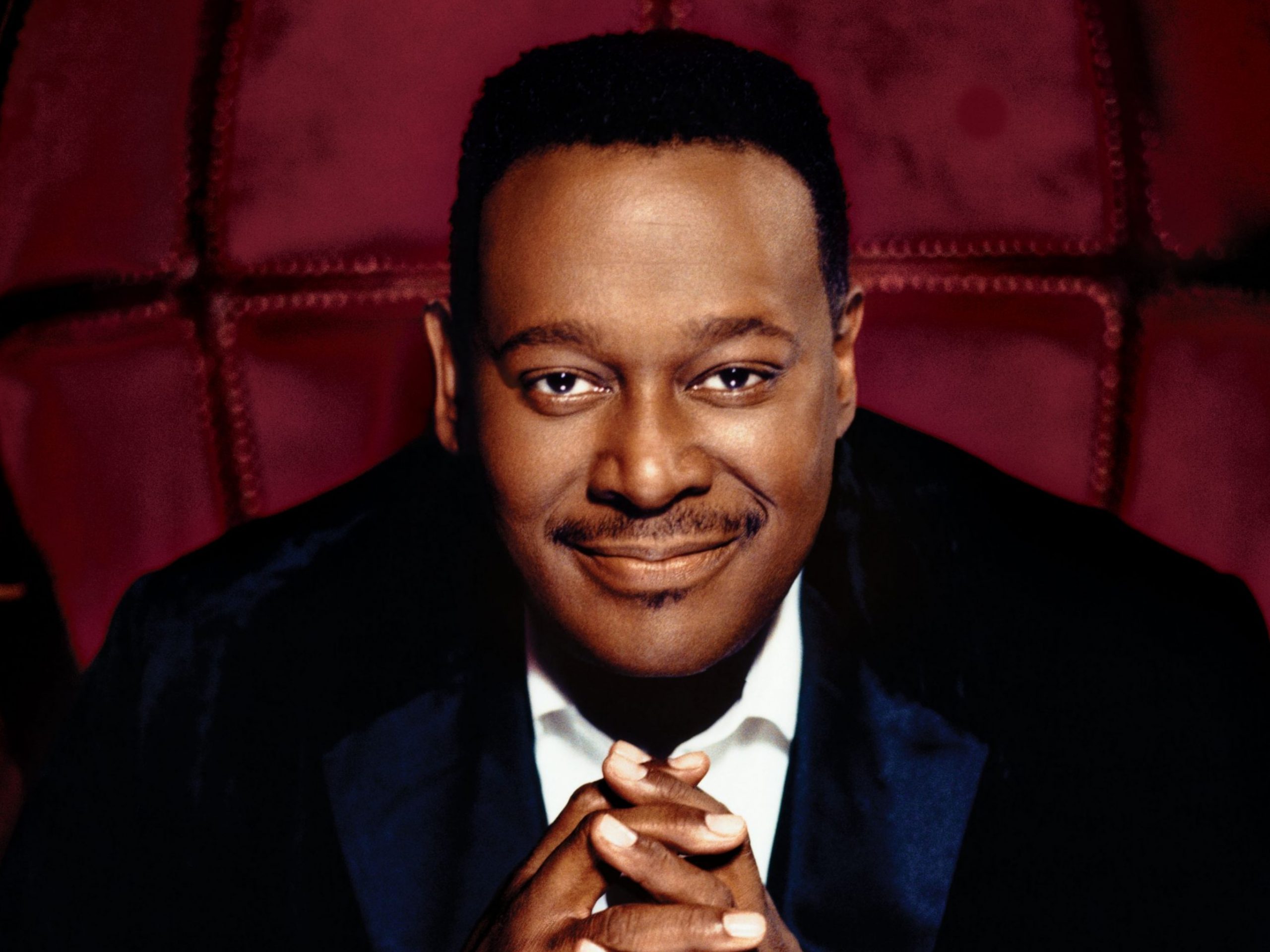Washington, D.C., May 2025 — In a dramatic and controversial policy shift, the current sitting president, Donald Trump, announced his intention to impose tariffs on movies produced outside the United States. The proposed move, part of his broader “America First” economic agenda, has ignited fierce debate across the entertainment industry, international trade circles, and political arenas.
The Tariff Plan: Targeting Hollywood’s Global Competition
During Trump’s presidential campaign, he declared that Hollywood is “getting crushed by foreign studios that don’t play fair.” He promised that, if reelected, his administration would slap tariffs on non-American films being distributed within the U.S., with rates varying based on country of origin and production budget.
“This is about saving American jobs,” Trump said. “We’re not going to let countries like China, India, and even our so-called allies in Europe flood our theaters with cheap productions while American workers suffer.” It seems like Trump is trying to put these things in motion.
Trump’s team has indicated that any film not primarily shot in the U.S. or employing a majority-American crew would be subject to the new taxes.
Industry Reaction: Shock, Concern, and Strategic Pivots
The film industry’s response has been swift and divided. Major Hollywood studios, many of which have international arms and co-productions, expressed concern that the tariffs could disrupt release schedules, complicate contracts, and strain global partnerships.
“In its current form, the tariff doesn’t make sense,” Jay Sures, vice chairman of United Talent Agency, told CNN.
American actors and directors would generally prefer to work close to home. But “the fact is it’s cheaper for Hollywood studios to pay for everyone to get on planes, pay for hotels, because the cost of labor, lack of rebates, and the ability to make things overseas is infinitely cheaper,” Sures said.
“This is a fundamentally flawed approach,” said Carla Martin, CEO of Global Screen, a major distributor. “Filmmaking is a global art form, and this move would not only raise costs for studios but also limit creative diversity for audiences.”
Independent filmmakers and smaller production houses, however, offered a more nuanced perspective. Some welcomed the tariffs as a potential boost for domestic creators struggling to compete with massive foreign-backed productions.
“If it means more funding and visibility for American indie films, it could be a silver lining,” said director James Holloway, known for his U.S.-based period dramas. “But there’s a fine line between protectionism and censorship.”
Legal and Diplomatic Concerns
International trade experts warn that such tariffs may violate World Trade Organization (WTO) rules and could provoke retaliatory measures. European Union officials have already hinted at “serious diplomatic discussions” if the policy moves forward.
“There is no precedent for taxing cultural products like this on such a scale,” said Professor Anita Devereaux, an international law scholar at NYU. “The ripple effects could be huge—not just for movies but for books, music, even video games.”
Some have also questioned the enforcement mechanisms. Would tariffs apply to Netflix’s globally produced shows? What about films with multinational casts and crews?
Political Implications
Trump’s tariff announcement seems squarely aimed at energizing his base and appealing to voters in entertainment-heavy swing states like California and Georgia. It also dovetails with his broader rhetoric about restoring American manufacturing and cultural dominance.
Critics argue that the proposal is more symbolic than practical, designed to stir controversy rather than offer real solutions.
“Trump knows how to dominate a news cycle,” said political analyst Marie Chen. “Whether or not this policy ever takes effect, it’s already succeeded in putting him—and his nationalist agenda—back at the center of the conversation.”
What Comes Next?
Trump’s social media post may have been just an opening gambit. In the Oval Office Monday, Trump said he would hold meetings with Hollywood executives before making a final decision.
“We’re going to meet with the industry; I want to make sure they’re happy about it,” Trump said.




